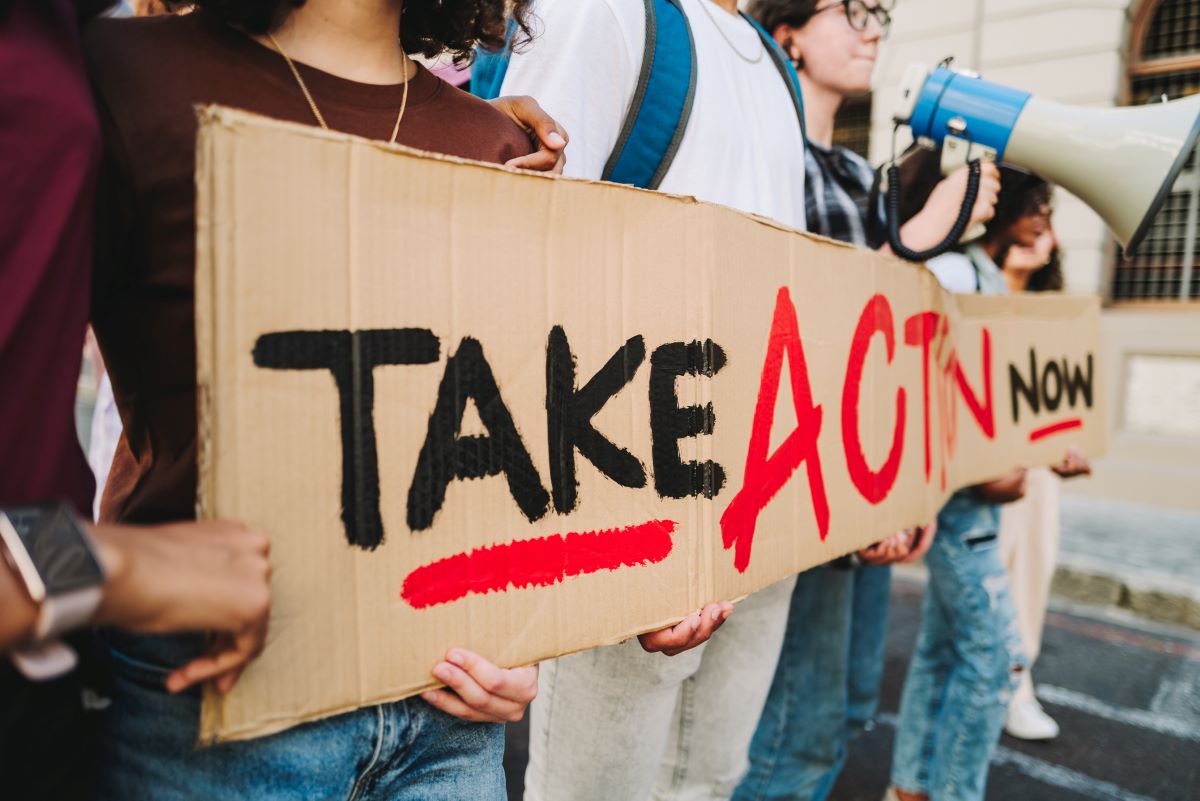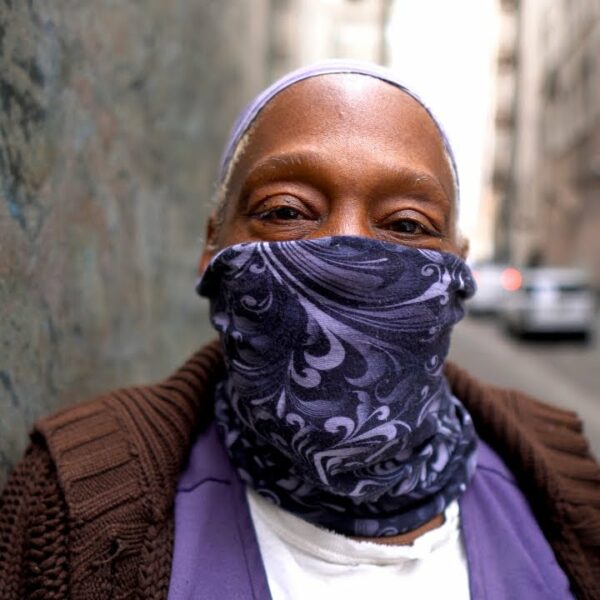Recommendations Sourced from a Survey of Thousands of Homeless People
Homelessness has become the topic of many acts of political theater in the last several decades. A lot has been said to convince us that it’s an intractable problem with no easy solutions. We’ll have to accept the status quo because it’s always been here and always will be.
That is not true. Homelessness, as we know it today, is a relatively modern invention. There’s no reason we can’t end it just as quickly as it began.
As for solutions, is it such a complex problem that no solutions can be found? Or is the problem that no solutions can be found that don’t fundamentally alter the way we view housing as a profitable commodity?
Many politicians may want to end homelessness – but only if it doesn’t affect the bottom line too much.
Solutions are out there, and I’m sure your legislators would love to hear your thoughts on them. Here are six of the most effective policy change ideas, as recommended by researchers who surveyed and interviewed thousands of homeless people:
#1 Increasing Access to Affordable Housing
This is the most obvious solution and also the most effective. When the problem is that not everyone can access housing, the solution of improving access to housing shouldn’t come as a surprise. Even so, progress on this front has been plodding and hotly contested every step of the way.
Housing is becoming unaffordable for more and more people in cities and small towns nationwide. We need legislative action to make housing more affordable. It’s far past time for our so-called representatives to start siding with the people who are being displaced from their homes just so that some speculative investor somewhere can see a number go up.
Working within current systems, many incremental improvements can be implemented easily, including:
- expanding existing rental assistance programs
- better supporting usability of those subsidies
- incentivizing the production of affordable housing through existing mechanisms like the Low-Income Housing Tax Credit
#2 Increase Homelessness Prevention
If you’ll pardon the cliche, an ounce of prevention really is worth a pound of cure. The trauma of homelessness is something that no one should ever have to experience. We should be doing all we can to ensure that it never happens in the first place rather than withholding needed resources until someone is already homeless.
Whenever someone is in danger of losing their housing, it is always a crisis and should be treated as such. They often have very little notice and little idea of where to find the assistance they need, on top of everything else that needs to be done at such a time.
Programs that provide monthly payments or even one-time lump sum payments to people in danger of losing their housing can go a long way toward preventing homelessness and giving people time to get back on their feet.
We can also incentivize landlords to engage in mediation processes with tenants, making immediate eviction a less attractive option for them and giving tenants more time to find alternate housing.
#3 Decrease Barriers to Exiting Homelessness
A common frustration unhoused people face when trying to re-enter housing is a seemingly endless stream of red tape to jump through just to see if they’re eligible to receive assistance from certain programs. We can streamline this process and reduce the barriers preventing people from exiting homelessness.
Accessing state-issued ID cards and other personal documentation is needlessly arduous, particularly when coupled with all the other barriers and challenges a homeless person may be facing, like lack of transportation or an inability to take time off work. Making this process easier, waiving replacement fees, and providing safe storage locations for these documents could make it easier for unhoused people to attain housing.
#4 Increase Services that Meet Health Needs
One of the reasons that an experience of homelessness can take years off of someone’s life is the lack of access to healthcare. And unfortunately, even when unhoused people are able to access healthcare, they are too often not treated with respect or offered trauma-informed care.
It doesn’t have to be this way. We can focus on funding street outreach medical teams that can meet people where they are and administer respectful care onsite. We can make mental health care that is not just thinly veiled incarceration readily accessible to all who need it. And we can increase the availability of recuperative care so that unhoused people aren’t being treated in hospitals and then immediately turned back out on the street to somehow try to recover.
#5 Break the Prison and Homelessness Cycle
A significant number of unhoused people found themselves homeless after exiting an institutional setting like prison. And many homeless people eventually find themselves incarcerated for simple activities of daily living in a society that has thoroughly criminalized homelessness. This is a vicious cycle that leaves people with criminal records that create further barriers to securing employment and housing.
To prevent this, there are several steps we can take, from decriminalizing homelessness to providing better transitional support for people exiting institutional settings to making it illegal to place a blanket ban on tenants with criminal records. After all, everyone deserves housing.
#6 Center Racial Equity
Racialized groups are disproportionately represented in homeless populations due to the intersecting discrimination they have been subjected to throughout their lives and the lives of their ancestors who were denied opportunities to build the generational wealth that insulates many white people from homelessness today. Trying to address homelessness without understanding this is like trying to solve a puzzle with half of the pieces missing.
In order for the system to stop churning out the same results, we have to fundamentally alter its programming- and our own. Before you offer outreach services of any type, you have to understand why Black, Indigenous, and other people of color may not trust you to help them and how that mistrust is backed up both by history and current events.
If you cannot understand that, step aside and let someone else do this work because you’re liable to cause more harm than good.












